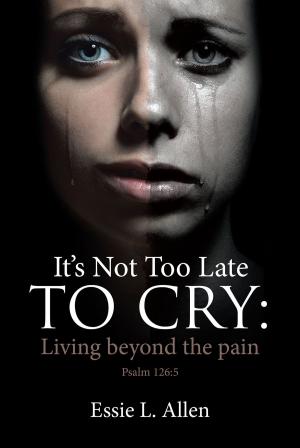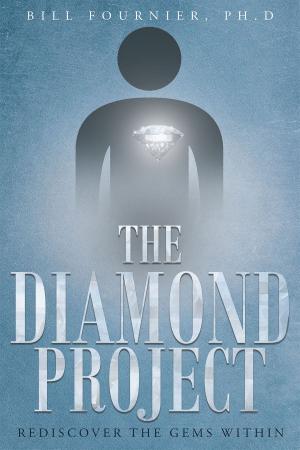| Author: | Stephen Arthur Nystrom | ISBN: | 9781635752748 |
| Publisher: | Christian Faith Publishing | Publication: | April 13, 2017 |
| Imprint: | Language: | English |
| Author: | Stephen Arthur Nystrom |
| ISBN: | 9781635752748 |
| Publisher: | Christian Faith Publishing |
| Publication: | April 13, 2017 |
| Imprint: | |
| Language: | English |
This book is designed to take the questions out of ballroom dancing. This book is designed for anyone who is interested in taking the mystery out of ballroom dancing. It explains many of the questions that arise while learning ballroom dance that your instructor may or may not be able to address appropriately. Many dance instructors dance great; however, they are unable to help you adjust your dancing by explaining what they are doing. Those instructors generally show you a figure and continue to show you the figure until you get it. This is very time-consuming and expensive to the student.
The goal of this book is to simplify some of these intricate movements as well as explain the dance connection in dance. This book also helps give new students a better understanding of how dancing works, which will help them improve their dancing a lot more rapidly. The book also gives some examples of bad dancing habits versus good dancing habits.
There are specific exercises in the book to help improve connection, body movement, and self-control with specific steps. The book points out the kind of qualities you are looking for in an instructor, which include excellent dance knowledge, professionalism, enthusiasm, etc. There are many typical questions that every new ballroom dancer has while learning the dance. There are questions provided that, if asked, will provide you (the student) with some insight about your instructor’s knowledge of ballroom dancing. This is critical because an instructor cannot correct your dancing if they do not understand how to do it correctly themselves.
Finally, the book has been written in an effort to raise awareness of good ballroom dancing. It is open to interpretation and vulnerable to criticism as well as other dancers’ opinions. Keep in mind, every ballroom-dance organization has dissenters in their organization about how things should be done. This, in part, is what creates different styles of dance. The end result is improved dancing knowledge for all concerned. Always keep one thing in mind: If what you are doing hurts, stop doing it. Dancing correctly will not hurt.
This book is designed to take the questions out of ballroom dancing. This book is designed for anyone who is interested in taking the mystery out of ballroom dancing. It explains many of the questions that arise while learning ballroom dance that your instructor may or may not be able to address appropriately. Many dance instructors dance great; however, they are unable to help you adjust your dancing by explaining what they are doing. Those instructors generally show you a figure and continue to show you the figure until you get it. This is very time-consuming and expensive to the student.
The goal of this book is to simplify some of these intricate movements as well as explain the dance connection in dance. This book also helps give new students a better understanding of how dancing works, which will help them improve their dancing a lot more rapidly. The book also gives some examples of bad dancing habits versus good dancing habits.
There are specific exercises in the book to help improve connection, body movement, and self-control with specific steps. The book points out the kind of qualities you are looking for in an instructor, which include excellent dance knowledge, professionalism, enthusiasm, etc. There are many typical questions that every new ballroom dancer has while learning the dance. There are questions provided that, if asked, will provide you (the student) with some insight about your instructor’s knowledge of ballroom dancing. This is critical because an instructor cannot correct your dancing if they do not understand how to do it correctly themselves.
Finally, the book has been written in an effort to raise awareness of good ballroom dancing. It is open to interpretation and vulnerable to criticism as well as other dancers’ opinions. Keep in mind, every ballroom-dance organization has dissenters in their organization about how things should be done. This, in part, is what creates different styles of dance. The end result is improved dancing knowledge for all concerned. Always keep one thing in mind: If what you are doing hurts, stop doing it. Dancing correctly will not hurt.















